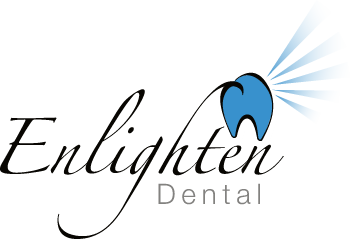TMJ is not just one disorder, but several disorders that affect the jaw joint and the muscles that control chewing. The pain can be as minor as slight clicking or popping sounds when the the mouth is opened or closed, or as serious as chronic pain extending into the face, neck and shoulders. TMJ pain can mimic an earache, produce sensitivity in the teeth, and make it difficult to open and close your mouth. As a rule, discomfort from TMJ is occasional and not permanent, sometimes occuring in cycles. Generally, the pain tends to go away in time. However, treatment usually makes the symptoms less debilitating, shorter lasting, and etiology more understood, for future prevention.
What are the causes of TMJ?
While the exact causes of TMJ are unknown and variable, it is believed that the following factors contribute to the disorder: head trauma, head and neck injuries, lost teeth and arthritis in the jaw joint, an unstable bite with chewing muscles not working properly, spasm of chewing muscles, mental or physical stress, headaches, and clenching or grinding your teeth, especially at night.
How is TMJ Diagnosed by a Professional?
Through manipulation of your jaw, possible dental x-rays, a thorough medical, behavioral and familial histories review, listening and interpretation of jaw joint sounds, and measurements of jaw mobility, one of our dentists can diagnose which portion of the TMJ diagnosis you have. Beacuse other types of pain have been known to mimic a TMJ disorder, a complete exam is important to make an accurate diagnosis. If the problem is dental in nature, one of our dentists can propose a treatment plan for your specific condition. If your problem is not dental in nature, your dentist may refer you to an orthodontist, oral surgeon, medical doctor, physical therapist or even a mental health professional.
How is TMJ treated?
There are several treatment options for TMJ. Frequently, a splint is custom made to support the jaw joint, and keep the teeth separated. Often medication is indicated to break a muscle spasm. Self medication may include: using ice or heat packs, eating a softer diet, avoiding chewing gum or certain foods, cutting food into smaller pieces, and chewing muscle stretching exercises. Early detection is the key to minimizing symptoms from TMJ.
